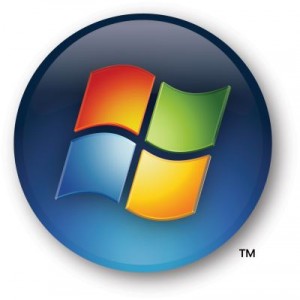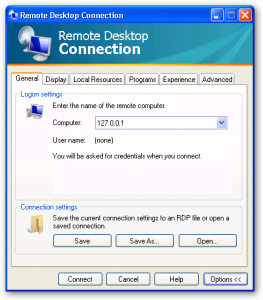Windows XP will pass another milestone on the road to retirement next week when Microsoft withdraws mainstream support for the operating system..
While the company said that it will continue to provide free security fixes for XP until 2014, any future bugs found in the platform will not be fixed unless customers pay for additional support.
Mainstream support for XP will end on 14 April 2009, over seven years after the operating system originally shipped.
However, the passing of the deadline will place Microsoft in the unusual position of no longer offering mainstream support for its most widely used product. Windows XP accounts for about 63 per cent of all internet connected computers, according to March 2009 statistics from Hitslink, while Windows Vista makes up about 24 per cent.
Windows XP also continues to be sold with low-cost mini laptops, otherwise known as netbooks, as Vista is too heavy on system resources for this level of hardware.
The key message, according to Microsoft, is that the company will continue to provide security support for XP users.
“We will provide critical security fixes via Windows Update for all editions of XP until 2014,” said Laurence Painell, Windows marketing manager at Microsoft UK.
Microsoft’s mainstream support includes problem resolution over the phone, and covers fixes for security and non-security related issues such as bugs and requests for changes.
Once Windows XP moves out of the mainstream support phase, customers will need an extended support contract with Microsoft or one of its channel partners to address any issues not related to security.
With a platform as mature as XP, this is unlikely to prove an issue, according to Microsoft.
“XP has been out a long time, so we would hope that there are not many issues that would require that level of support,” said Painell.
Gartner analyst Michael Silver agreed, adding that he had not spoken to any companies planning to pay for extended support.
“The only thing extended support buys you is creation of new non-security fixes, at a hefty fee for each one. After all these years, most people figure that most of the functional bugs [in XP] are already worked out,” he said.
In the past, most customers would already have moved to a newer platform before this deadline arrived. But because there was such a long gap between XP and Vista, customers have had only a couple of years to make the transition.
Many customers have also chosen to skip Vista and go straight to Windows 7, once this becomes available. Microsoft said that companies now have an opportunity to look at their options for a transition away from XP.
“Windows 7 is built on the same core architecture as Vista, and we provide a number of tools and applications to help companies understand any problems they might face,” said Painell. He reiterated that customers can use Vista or the Windows 7 beta as test platforms for planning a migration to the forthcoming platform.
Meanwhile, Microsoft revealed that, while Windows 7 users will be able to downgrade to Windows XP, the reverse will not be true.
Microsoft said in its Engineering Windows 7 blog that XP users will have to perform a full install.
“There are simply too many changes in how PCs have been configured (applets, hardware support, driver model etc) that having all of that support carry forth to Windows 7 would not be nearly as high quality as a clean install,” the blog entry said.



